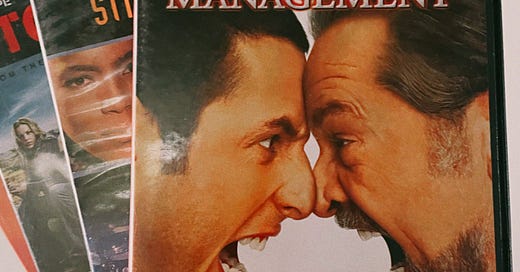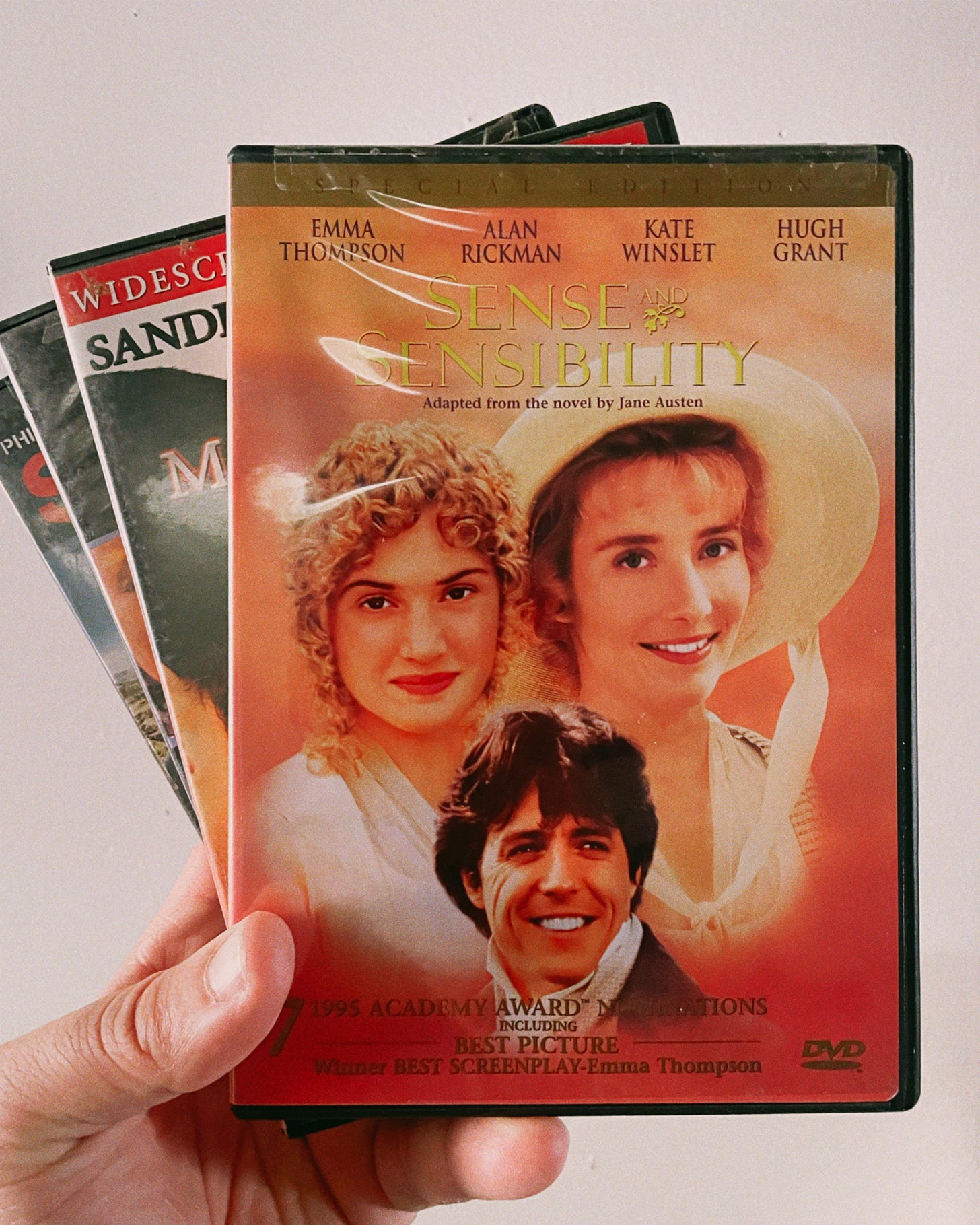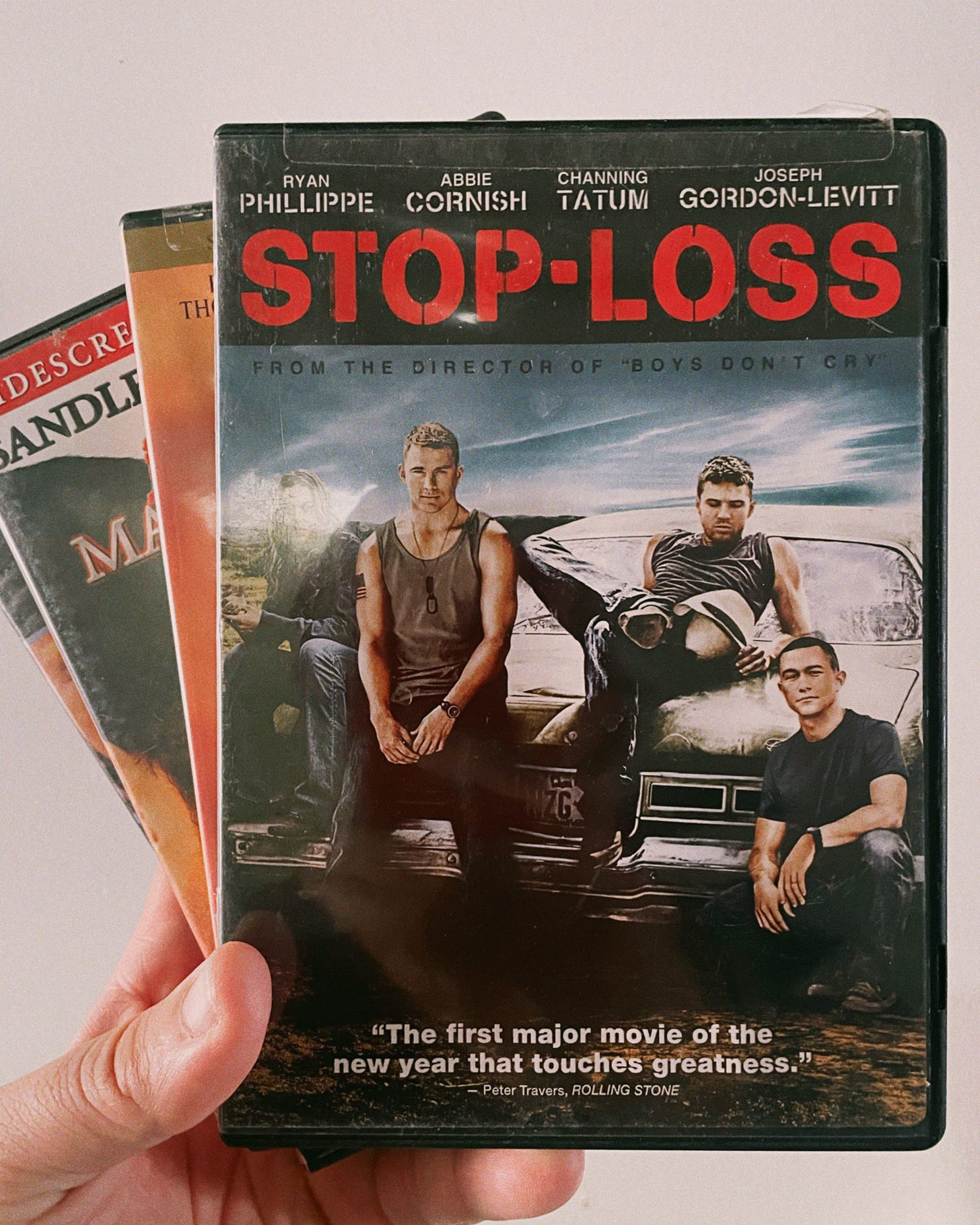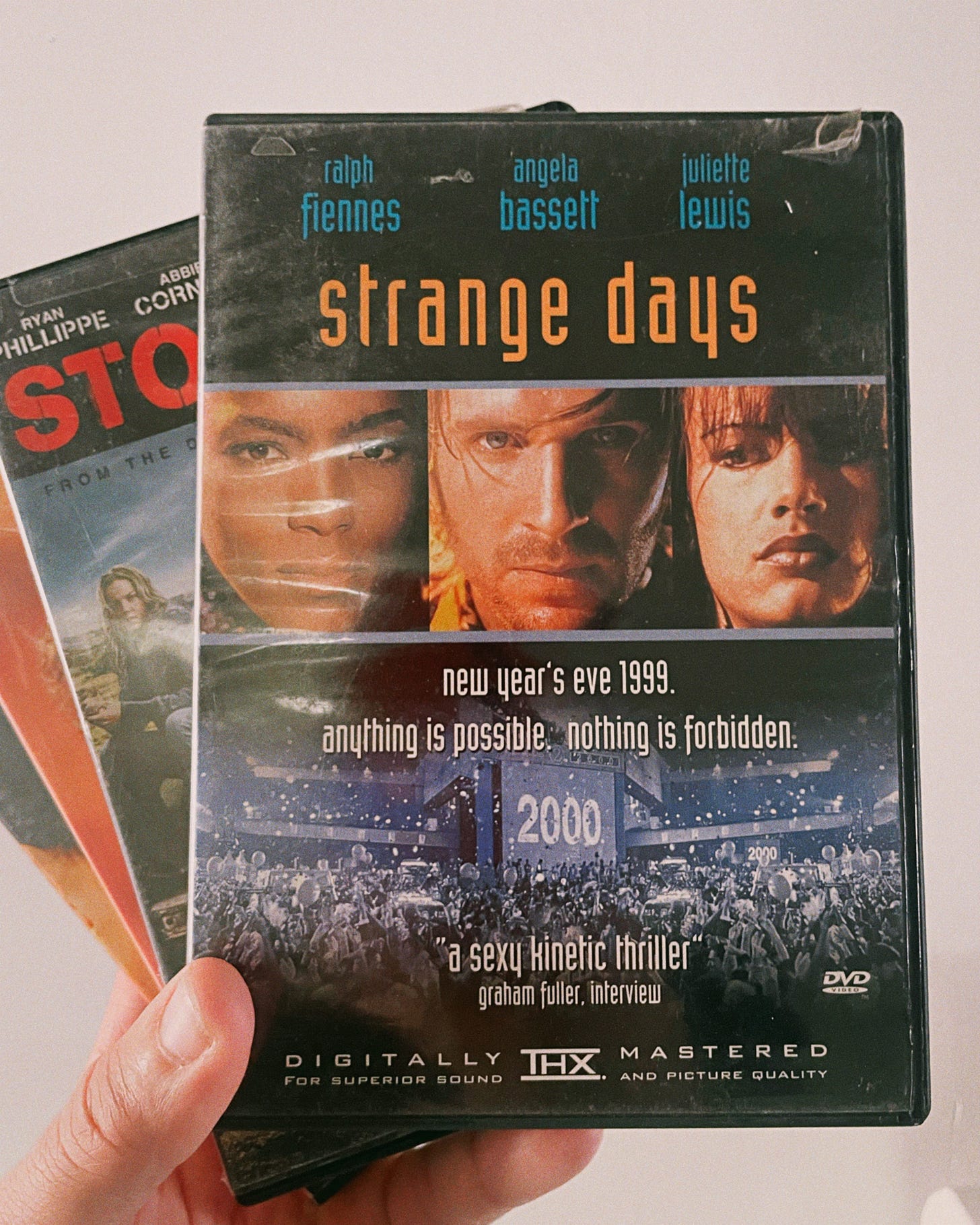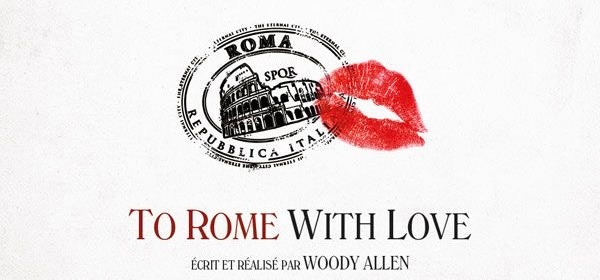Hey everyone,
Welcome to the first edition of Four to Go: The Weekend Watch! This idea came to me earlier this week as a way to streamline the process of moving from film viewing to FILMS reviewing with greater ease and efficiency.
So, how does it work?
With over 930 films in my library, I’ve started to approach what I watch in much the same way I thrifted these films:
1. One I’ve seen and loved.
2. One that’s due for a rewatch.
3. One I’ve heard of but never seen.
4. The Blind Buy – One I’ve neither heard of nor seen.
Although I may watch more than these four films, this method guarantees I’ll have at least two movie reviews to share with you each week—and two more for us to discuss on Substack Notes.
Speaking of Notes!
I highly recommend downloading the Substack app and creating a free account so you never miss an update. Moving forward, I plan to send only 3–4 emails per week, but I’ll be sharing more behind-the-scenes content and fostering community discussions on Substack Notes, which don’t clutter your inbox.
For instance, starting this week, every Wednesday I’ll post my Weekend Watch picks on Notes, and you’ll get to vote on which two movies I review the following week!
What’s on the list this week?
1. Anger Management (2003)
2. Sense and Sensibility (1995)
Want to help decide my next reviews? Join the conversation—download the Substack app today!
Heart and Mind: The Journey to Emotional Balance
Let’s jump into this week’s picks.
Anger Management and Sense and Sensibility seem like an odd pairing at first glance, but they both explore themes of emotional repression, self-awareness, and the importance of human connection in overcoming internal struggles. Here’s a closer look.
Anger Management (2003)
Directed by Peter Segal, this comedy stars Adam Sandler as Dave Buznik, a man who is sentenced to anger management therapy after a misunderstanding. Under the unconventional guidance of Dr. Buddy Rydell (Jack Nicholson), Dave learns to confront his repressed emotions and insecurities, which stem from years of avoiding conflict.
At its core, the film is about emotional self-regulation, recognizing how unchecked feelings can wreak havoc on our lives, and the necessity of embracing vulnerability and self-expression to foster genuine relationships.
Key Themes: Emotional repression, self-discovery, and learning to break free from one’s passive tendencies to regain control of life.
Sense and Sensibility (1995)
Ang Lee’s adaptation of Jane Austen’s novel follows the Dashwood sisters—Elinor (Emma Thompson) and Marianne (Kate Winslet)—as they navigate love, heartbreak, and the constraints of 19th-century society. Elinor represents restraint and rationality, while Marianne is led by her emotions and impulsiveness.
The film explores the balance between sensibility (emotional vulnerability) and sense (pragmatic control), as both sisters grow to understand the importance of tempering their dispositions to find personal happiness.
Key Themes: Emotional balance, self-awareness, and the complex dynamics between passion, reason, and societal expectations.
Connecting Themes
Both films explore the tension between repression and expression of emotions, albeit in wildly different settings and tones.
In Anger Management, Dave must learn to let go of his passive, repressed nature, while in Sense and Sensibility, Elinor and Marianne each represent extremes that need to be balanced for their emotional well-being.
Both films emphasize how understanding and managing emotions—whether through unconventional therapy or personal growth—can lead to greater self-awareness and deeper connections with others.
Here’s a selection of films to explore these themes further.
Chains of Control: Stories of Trauma and Resistance
“Stop-Loss” and Strange Days both examine themes of trauma, disillusionment, and the search for agency in systems that strip individuals of control. Despite differences in genre—one a military drama and the other a sci-fi thriller—they share a deep focus on how systemic violence impacts personal identity and relationships. Here’s a closer look.
Stop-Loss (2008)
Directed by Kimberly Peirce, this drama explores the psychological and emotional toll of war. It follows Brandon King (Ryan Phillippe), a soldier who returns home after serving in Iraq, only to be ordered back into service under the military’s “stop-loss” policy.
The film captures the alienation and betrayal experienced by soldiers who feel trapped by the system they served. Themes of loyalty, trauma, and the struggle for autonomy drive the narrative, as Brandon wrestles with the obligations of duty versus his right to reclaim his life.
Key Themes: Systemic control, personal agency, and the long-lasting effects of trauma on identity and relationships.
Strange Days (1995)
Directed by Kathryn Bigelow, this sci-fi neo-noir thriller is set in a dystopian Los Angeles on the brink of the millennium. The film follows Lenny Nero (Ralph Fiennes), a former cop who deals in illegal virtual reality recordings that allow users to relive others’ memories. Lenny becomes embroiled in a murder mystery that exposes systemic corruption and societal decay.
The film explores the commodification of trauma, disconnection in a surveillance-heavy world, and the moral conflicts of using technology to escape or confront pain.
Key Themes: Trauma as a commodity, systemic corruption, and the search for meaning and control in a chaotic, oppressive world.
Connecting Themes
Both films deal with systems that strip individuals of their autonomy—whether it’s the military-industrial complex in Stop-Loss or the corrupt, technology-driven dystopia of Strange Days. They explore the psychological scars left by these systems, highlighting the struggle to reclaim agency and identity in the face of overwhelming control.
Additionally, both films grapple with the commodification of human experiences—trauma is repurposed as entertainment in Strange Days and as a tool for systemic exploitation in Stop-Loss.
Here’s a selection of films to explore these themes further.
Well folks, that’s it for this weekend. I’ll be back later this week with a FILMS review of Anger Management and Sense and Sensibility. Until then, you can catch up with me on the Substack app, or checkout my latest FILMS review for To Rome With Love. See you soon!
To Rome With Love (2012)
Written and directed by Woody Allen, To Rome With Love is a romantic comedy that weaves together four tales set in the Eternal City. Each story explores themes of love, fame, regret, and the beauty of life’s unpredictability.

